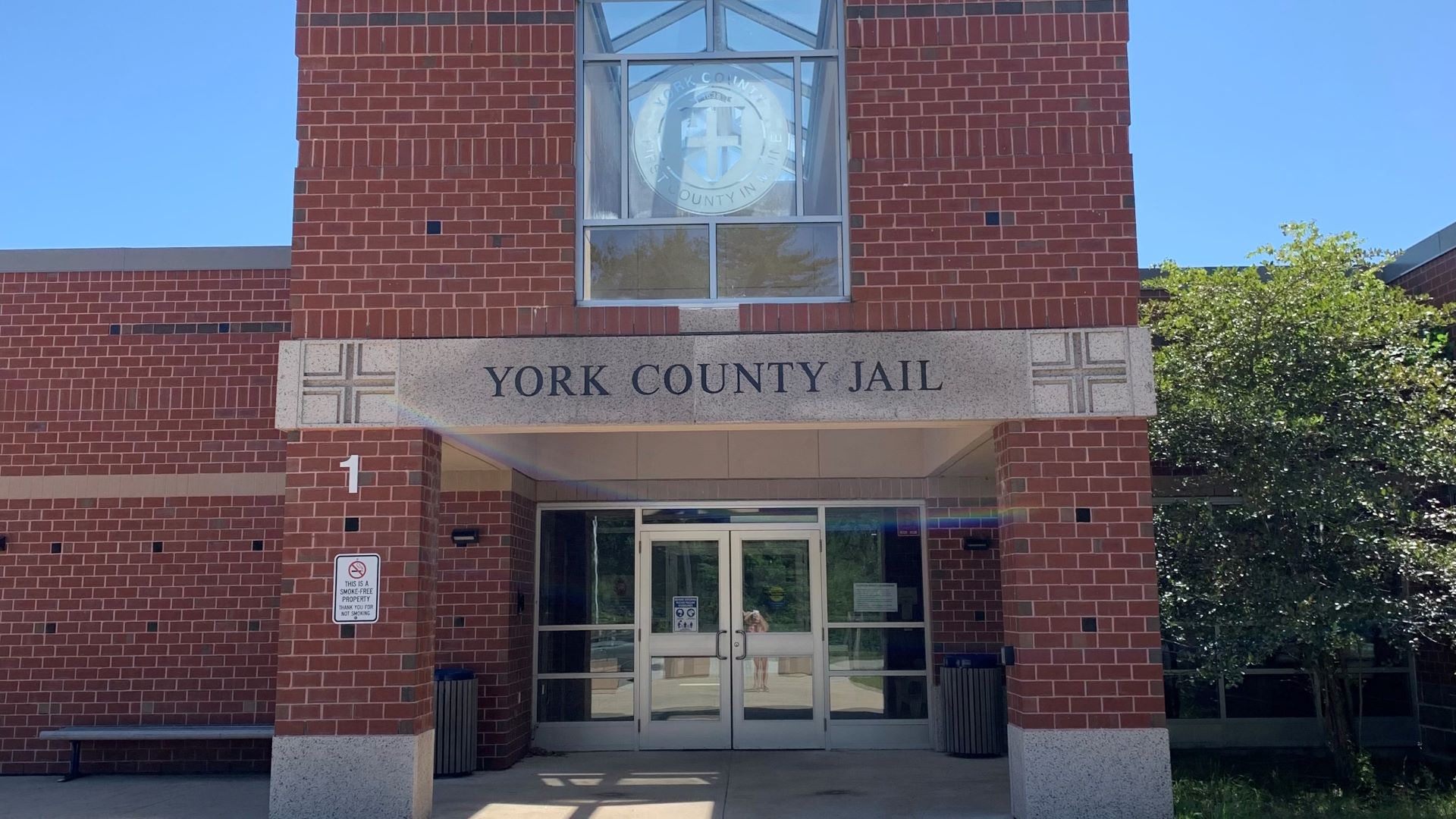The right of Maine prisoners to privately talk to their lawyers by phone, video conference or across a table sharing documents in a jail or prison is the focus of a study committee whose work began Wednesday.
The 16-member Committee to Ensure Constitutionally Adequate Contact with Counsel met for the first time to begin its review of Maine jail and prison policies. The group is tasked with identifying if Maine meets or falls short of constitutional requirements to ensure incarcerated people and their lawyers can talk in private. It will make recommendations based on practices in other states.
State lawmakers formed the study group this year in response to an investigation by The Maine Monitor that found jails in Androscoggin, Aroostook, Franklin and Kennebec counties had recorded nearly 1,000 phone calls that prisoners made to their lawyers between June 2019 and May 2020.
Recordings of dozens of these ostensibly confidential calls were shared with police or prosecutors, The Maine Monitor reported. In one of the more egregious instances, law enforcement personnel and Aroostook County employees listened to 58 recordings and downloaded 17 additional recordings of calls that Aroostook County Jail prisoners made to their court-appointed lawyer.
Committee members agreed that attorney-client conversations are privileged and should not be intercepted by Maine’s county jails or state prisons. Most of the recordings appeared to have been done unintentionally, members said.
District Attorney Kathy Slattery, on behalf of the Maine Prosecutors’ Association, said that prosecutors do not want to be provided recordings of confidential attorney-client phone calls.
“We all have policies in place that trigger certain actions that must be taken when these recordings are inadvertently given to us. Stop listening. Seal it up,” Slattery told the committee.
It’s not an actual written policy in her York County office, Slattery clarified. Committee members asked for a sample policy from any of the district attorney’s offices and how prosecutors and investigators were being trained on that policy for its next meeting on Sept. 21.
The committee also plans to review the policies for in-person meetings between lawyers and incarcerated clients.
Sarah Branch, a defense lawyer, said a 13-year-old client at Long Creek Youth Development Center reported she was strip-searched after one of their meetings. The child did not want to meet with the lawyer in-person afterwards because of the search. Branch is representing the Maine Association of Criminal Defense Lawyers, or MACDL, on the committee.
Defense lawyers must resort to holding documents up to glass partitions because some facilities don’t allow documents to be passed to prisoners, said Eric Mehnert, speaking on behalf of the NAACP. Not being able to meet in-person makes building trust with clients difficult, he said.
Randall Liberty, commissioner of the state Department of Corrections, said he would provide copies of the department’s existing policies and discuss possible changes. Those decisions will need to weigh safety against access, he said.
The prisons are collecting attorneys’ names and phone numbers from people when they arrive at the prison. The information is then verified by the bar and the person can make calls that are not recorded or monitored to that lawyer, Liberty said.
That is the policy for state prisons. County jails, however, operate independently and are overseen by a locally elected sheriff.
Somerset County Sheriff Dale Lancaster, who is representing the Maine Sheriffs’ Association, was not available during the meeting to explain the processes used at the jails to block calls to lawyers from being recorded.
Knowing that some phone calls are being recorded by the jails has had a chilling effect on attorney-client communications, said Justin Andrus, executive director of the Maine Commission on Indigent Legal Services. Some of his calls with a jailed client were recorded while he worked in private practice in the early 2000s.
Norman Kehling, a committee member representing the prisoner advocacy group Helping Incarcerated Individuals Transition, said people in Maine State Prison care deeply about the privacy of phone calls with their lawyers. It would be impossible to make a defense or have a fair case if those calls were not private and heard by the prosecution, he said.
Kehling was convicted of arson and sentenced to 44 years in the Maine State Prison, of which he served 30 years and was released early for the good time. He entered prison at age 29 with a seventh grade education and left with a bachelor’s and two associate degrees at nearly 60 years old.
“We have to answer for our mistakes, but when they make mistakes it’s alright. It’s swept under the rug,” Kehling said.
The committee is required to provide a report of their findings to the Legislature by Nov. 2. They are scheduled to meet three more times between September and October.
Samantha Hogan reports on government accountability and the criminal justice system for The Maine Monitor. Reach her by email with other story ideas: gro.r1754080989otino1754080989menia1754080989meht@1754080989ahtna1754080989mas1754080989.








